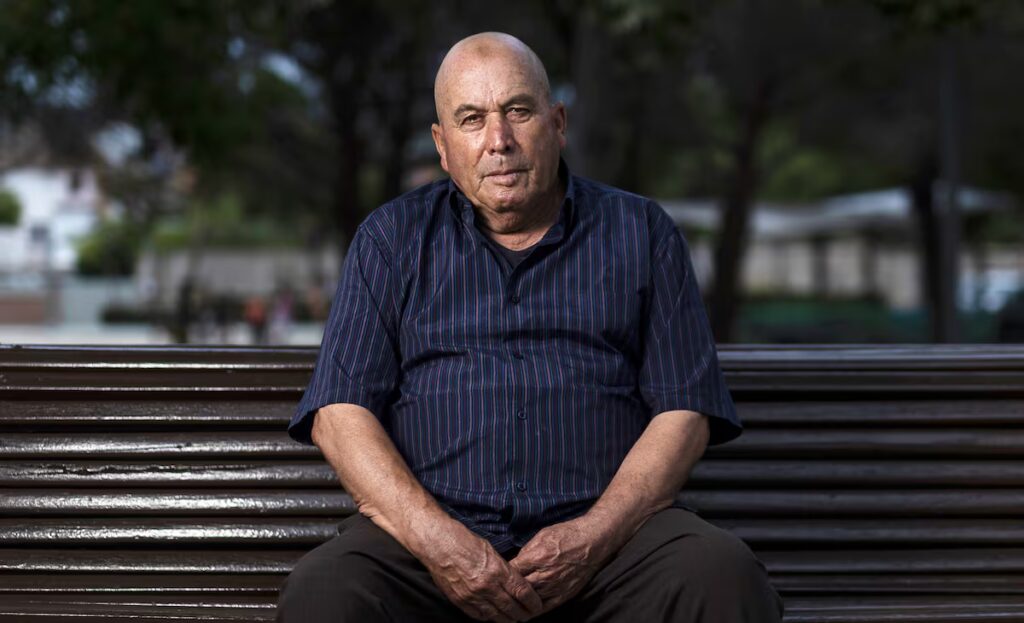
Is an unjust prison sentence a miscarriage of justice? The Administrative Litigation Chamber of the Supreme Court has agreed to examine the appeal of an innocent convict to provide a response that clarifies the current confusing Spanish jurisprudence. Ahmed Tommouhi, a Moroccan bricklayer who was denied compensation by a court after spending an unjust 15 years in prison, argues that yes: that a revoked prison sentence should be a sufficient qualification for compensation. The National Court, which denied compensation in April, has been arguing the opposite for years and now the Supreme Court will have to decide who is right.
Two years ago, a different chamber, the same Criminal Chamber of the Supreme Court, acquitted Tommouhi of the charge a rape conviction unjustly pronounced against him in 1992 in Barcelona. After the acquittal, his lawyer, Celia Carbonell, asked for compensation for the 15 years he unjustly spent in prison. The National Court denied compensation to his client arguing that the wrongful conviction – he was convicted even though semen analysis exonerated him – was not a “clear miscarriage of justice”. Carbonell appealed, arguing that the Supreme Court’s acquittal, which had revised the original conviction, was itself a declaration of miscarriage of justice and that the State should compensate Tommouhi.
This is the “objective interest of the cassation” that the Litigation Chamber of the Supreme Court has now appreciated in accepting Tommouhi’s appeal. An interest that must partially resolve the thesis also defended by the leading expert on appeals for review in Spain, the professor of Procedural Law at the University of Castilla-La Mancha, Tomás Vicente Ballesteros. “It should not even be necessary for the Supreme Court review to expressly state that there has been a judicial error, it is sufficient that it reflects it, that it is deduced from the content of the sentence,” Vicente Ballesteros told EL PAÍS when it became known about the National Court’s refusal to compensate Tommouhi.
And this is precisely what the High Court will now have to decide: whether its criminal review sentences should be considered a declaration of miscarriage of justice in an administrative dispute. The House must “determine whether the approval of a petition for review declaring the expungement of a criminal conviction is a sufficient charge to support the existence of the State’s financial responsibility for a miscarriage of justice,” the order reads.
Over the last decade, in an interpretation that confused civil and criminal spheresthe National Court had held that the criminal review sentence, as in civil matters, did not give the right to compensation. Thus the paradox arose that in Spain prisoners in preventive detention are compensated almost automatically, but not those who are firmly condemned. Now the Supreme Court will study whether to review its doctrine and to do so presupposes that it must interpret the question not only in relation to the articles of Spanish law (article 960 of the Lecrim is the key), but also with the European Convention on Human Rights, the International Covenant on Civil and Political Rights and the Constitution.
The ruling will establish jurisprudence and will have effect not only on Tommouhi’s casebut it will serve as a guide to decide on property claims in the face of new judicial errors that may occur. The admission order, issued Monday, contains two agreements: “Immediately communicate” the admission to the room that must resolve it; and “order the publication of this order on the website of the Supreme Court”.





